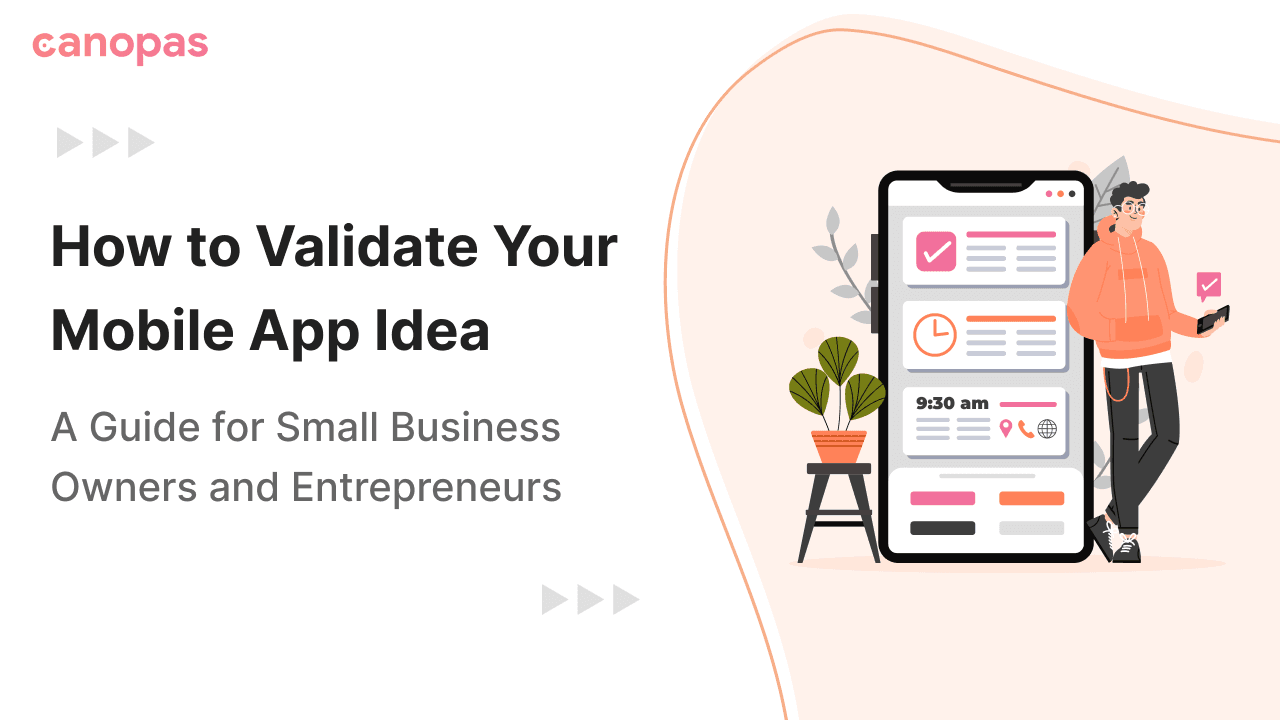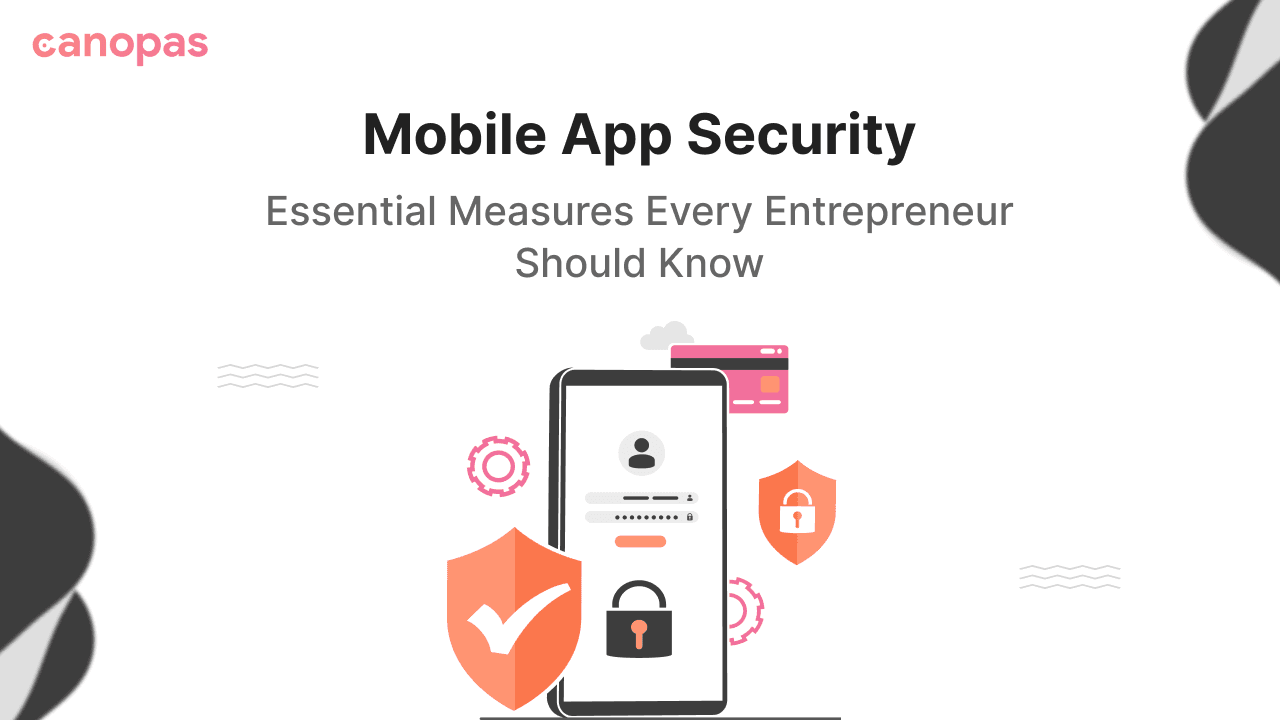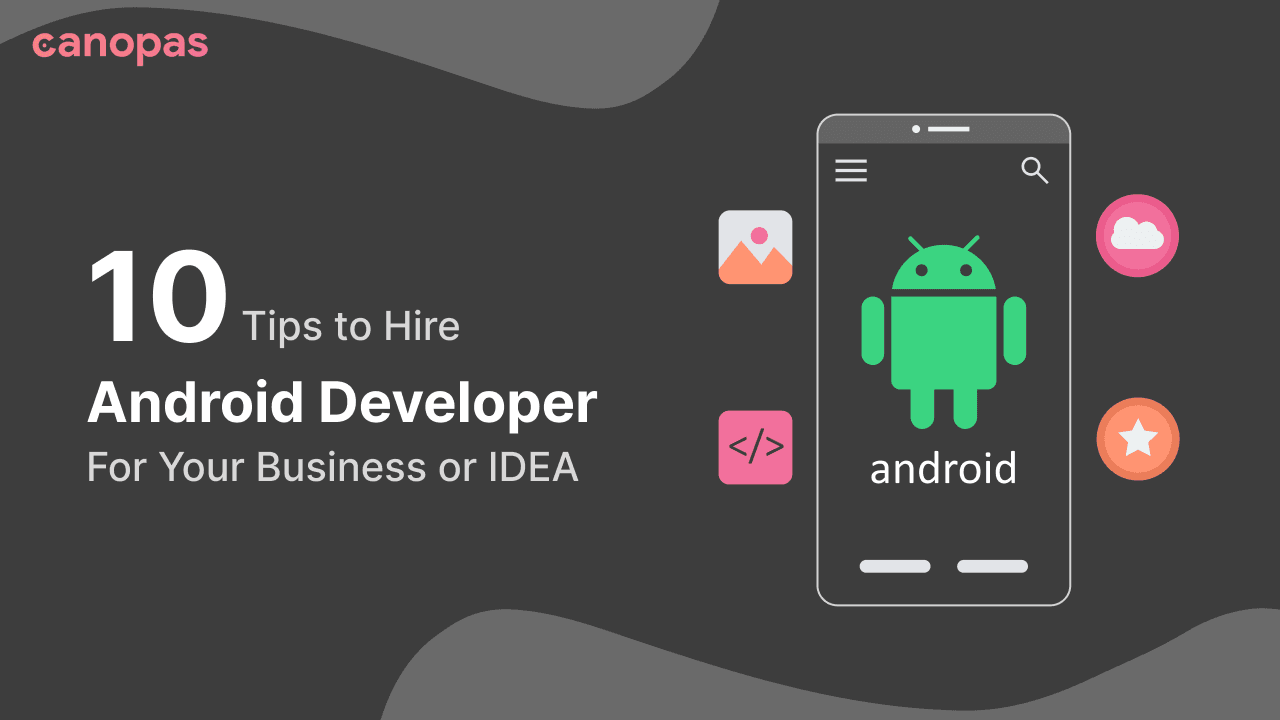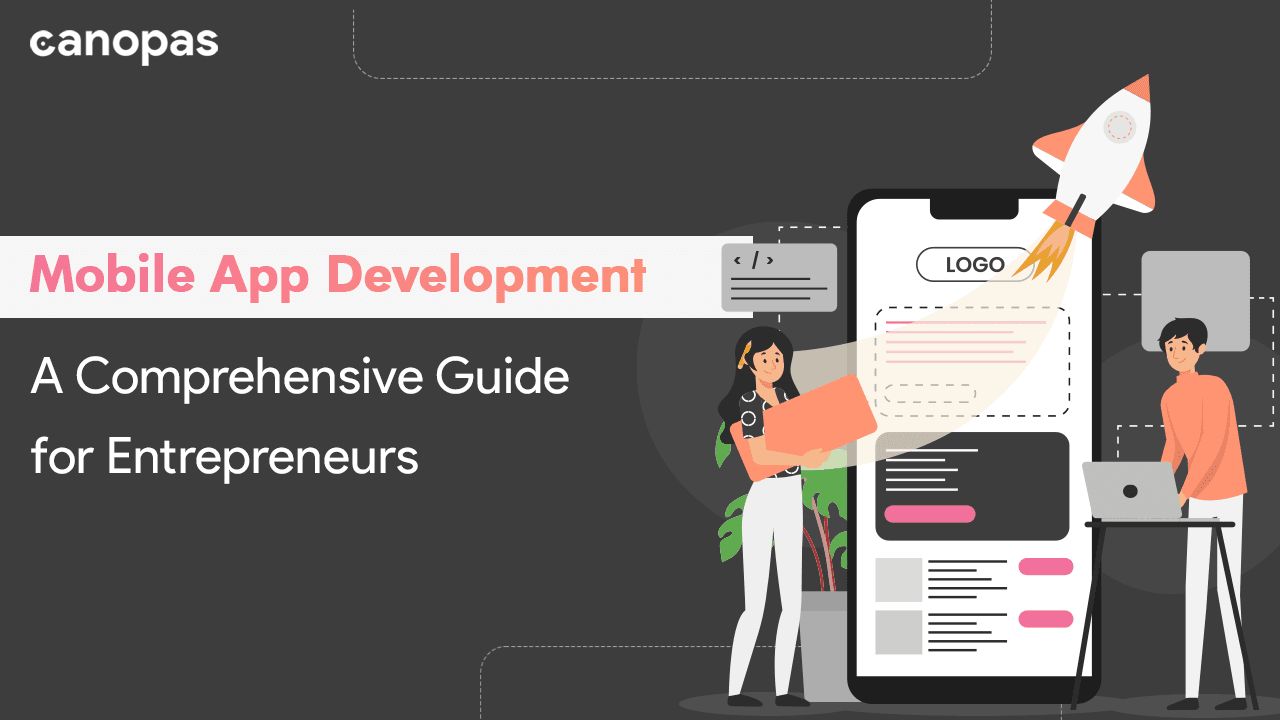
How to Validate Your Mobile App Idea - Guide for Entrepreneurs
How to Validate Your Mobile App Idea — Introduction
In the age of smartphones, mobile apps have become essential tools for businesses of all sizes.
From established corporations to newly founded startups, a well-designed app can significantly boost customer engagement, improve service delivery, and open up new revenue channels.
As a business owner or entrepreneur, you may have an exciting idea for a mobile app that could transform your business. But before you dive headfirst into development, there's an important question you need to ask: will your app idea actually work?
Answering this question isn't about making wild guesses or relying on gut feelings. It's about a systematic process of validation, wherein you test your app idea against reality before investing significant time, resources, and money into its development.
Many entrepreneurs skip this vital step, leading to failed projects and financial losses. Don't be one of them.
In this guide, we will walk you through the process of mobile app idea validation. We will discuss why validation is so important, show you how to conduct effective market research, guide you in creating user personas and use-case scenarios, introduce the concept of a Minimum Viable Product (MVP), and explain how to collect and use feedback for continuous improvement.
Whether you're a seasoned business owner or just starting on your entrepreneurial journey, this guide will provide you with invaluable insights and practical tips on how to validate your mobile app idea.
Understanding the Need for App Idea Validation
Let's face it - developing a mobile app is a significant investment.
It involves both monetary costs and a considerable amount of time. As entrepreneurs, when we are brimming with exciting ideas, it's tempting to plunge straight into the development phase.
However, not every good idea is a profitable one. And that's where app idea validation comes into play.
Why is this necessary?
In essence, validation helps you test the waters before you dive in. It's about ensuring there is a real demand for your app, understanding who your target audience is, and gaining insight into how it will fare against competitors in the market.
1. Identify the Target Market: The first key to a successful app is understanding who it's for. Without a clear target audience, your app may end up being too generic, failing to meet any specific needs or preferences. Validation helps you identify and understand this audience, allowing you to design an app that truly resonates with its users.
2. Avoid Oversaturated Markets: Just because there are many apps in a particular market doesn't mean there's room for one more. In fact, it can often mean the opposite. Validation can help you identify oversaturated markets, allowing you to pivot or find a unique angle that sets your app apart.
3. Tailor Features to Market Needs: Not all features that sound good are actually necessary. Sometimes, they can even detract from the user experience. Through validation, you can identify which features your audience will truly value and use, and which ones are better left on the drawing board.
4. Minimize Financial Risk: Lastly, validation can save you from significant financial risk. By validating your idea before you invest heavily in development, you can avoid sinking costs into an app that has little to no demand.
5. Monetization Strategy: It's important to think about how your app will generate revenue early on. Will you use a freemium model, in-app purchases, subscriptions, advertisements, or a paid app model? The success of your monetization strategy will directly impact the financial viability of your app.
In short, app idea validation is about de-risking your project. It's about ensuring you're building the right app, for the right people, in the right market.
And as we'll see in the following sections, it involves several key steps, from market research to MVP development.
It may seem like a lot of work, but compared to the risk of launching an unvalidated app, it's work that is well worth the effort.
Market Research
Once you understand the importance of validating your mobile app idea, the first practical step in the process is conducting thorough market research.
This involves systematically gathering and analyzing information about your potential customers and competitors.
Let's delve deeper into how to conduct effective market research for your app:
1. Identify Your Target Audience: Knowing who your app is for is the first step in market research. Identify demographic information such as age, gender, location, occupation, and income level. Go a step further and understand their habits, preferences, and pain points related to your app's purpose. This will help you design an app that provides real value to its users.
2. Understand the Competition: It's unlikely that your app will be the first of its kind. That's not necessarily a bad thing, but it means you need to understand what else is out there. Analyze your competitors - What features do their apps have? How are they marketing to their customers? What are their strengths and weaknesses? Learning from your competitors can give you ideas and help you find ways to differentiate your app.
3. Spot Market Trends: Keeping an eye on the latest trends in the mobile app market is crucial. Are there any new technologies or design approaches gaining popularity? What types of apps are seeing increased demand? Understanding these trends can help you ensure your app stays relevant and appealing to users.
4. Local vs. Global Market Considerations: Depending on the nature of your app, you might need to consider local cultural, economic, or regulatory factors vs. global ones. For instance, an e-commerce app may need to consider local shopping habits, while a language learning app may have a more global audience.
5. Identify Your Unique Value Proposition: After conducting the above steps, you should have a clear understanding of your target audience, competition, and market trends. This knowledge will allow you to define your app's unique value proposition - what sets your app apart from the rest and why users would choose your app over others.
There are several tools and resources available that can aid your market research efforts. These include online surveys, social media listening tools, competitor analysis tools, online forums, and industry reports.
Remember, market research isn't just a one-time task. It should be ongoing throughout your app development process. As market trends and consumer behaviors change, you should adjust your app's features and marketing strategies accordingly.
Ultimately, market research is about ensuring that your app meets a real need in the market and does so in a way that is better or unique compared to existing solutions.
By investing time in thorough market research, you significantly increase your app's chances of success.
User Personas & Use Case Scenarios
After conducting your market research, you should have a good understanding of your potential customers and competitors.
The next step in the validation process is to create user personas and use case scenarios. This step helps bring your target audience to life and helps you envision how they might interact with your app.
Here are the steps you can follow:
1. Creating User Personas: A user persona is a semi-fictional character based on your potential users. This character should encompass characteristics and traits of your typical user, including demographic information, preferences, behaviors, needs, and goals. The aim is to create a clear picture of who you're designing the app for. You might have multiple user personas if your app targets different types of users.
Example of a User Persona: Meet Jimmy, a 30-year-old entrepreneur who runs a small online business. He's tech-savvy, always on the go, and heavily relies on his smartphone for managing his business. He needs a robust, easy-to-use app to help him keep track of his finances and invoices.
2. Defining Use Case Scenarios: Once you have created your user personas, you can start defining use case scenarios. These scenarios are narrative stories that describe how a user (represented by your persona) would interact with your app in a specific context to achieve a certain goal. This helps you understand your users' needs more deeply, and ensure your app's features and functionality align with these needs.
Example of a Use Case Scenario: Jimmy is on his way to meet a client and remembers he hasn't invoiced them for the last project. He opens the finance tracking app on his phone, quickly selects the client's profile, and with a few more taps, sends an invoice directly from the app. The process is quick and seamless, allowing Jimmy to focus on his client meeting without worrying about his billing.
Creating user personas and use case scenarios might seem like an extra step, but it's an integral part of the app idea validation process.
It ensures that your app design and features are rooted in real user needs and contexts, making it more likely to be valuable and engaging to your users.
Remember, your app isn't for you - it's for your users. By stepping into their shoes through personas and use case scenarios, you can create an app that truly resonates with them.
Validate through MVP (Minimum Viable Product)
An MVP is a basic version of your app that includes the essential features needed to solve the problem for your users.
It's not a fully-fledged product, but it's more than just a prototype.
The primary goal of an MVP is to validate your app idea with real users in the real market environment, gathering valuable user feedback without the need for a full-scale launch.
Why is an MVP important?
Here are the top 3 reasons why you should start with MVP.
- Cost-Efficiency: Developing an MVP requires less time and resources compared to a full-fledged app, making it a cost-effective way to validate your app idea.
- User Feedback: An MVP allows you to gather real user feedback early in the process. This feedback is invaluable in understanding what works, what doesn't, and where improvements are needed.
- Market Validation: Launching an MVP helps test whether your app meets a real market need. If users are willing to download and use your MVP, it's a good sign that your app has potential.
Developing an MVP may seem daunting, especially if you're new to the process. This is where partnering with a seasoned mobile app development agency can be extremely beneficial.
A trusted partner, like our team at Canopas, can provide you with the technical expertise and guidance needed to build an effective MVP.
At Canopas, we specialize in helping entrepreneurs and small businesses transform their app ideas into reality. We understand the importance of validating app ideas, and our experts are well-equipped to help you design and develop an MVP that truly reflects your vision.
Remember, an MVP is not the end goal. It's a critical step in the process of app idea validation that provides essential insights to refine and improve your app.
It's about learning, iterating, and continuously improving - ensuring your final product has the best chance of success in the marketplace.
If you're ready to take the next step towards validating your app idea, feel free to reach out to us at Canopas. Our team is ready to bring your vision to life, one step at a time.
Feedback & Iteration
Once your MVP is out in the real world, it's time to shift your focus towards gathering user feedback and making necessary iterations.
This step is crucial in the app idea validation process as it allows you to test your assumptions, learn more about user preferences, and improve your app based on real-world data.
Here are a few ways to collect user feedback and revise your app accordingly.
1. Gathering User Feedback: User feedback is the cornerstone of this stage. Encourage users to share their thoughts, experiences, and suggestions about your MVP. You can collect feedback through various methods such as in-app surveys, user interviews, feedback forms, or through app store reviews. Be open to all types of feedback, both positive and negative. Each piece of feedback is an opportunity to improve.
2. Analyzing Feedback: Once you've gathered feedback, it's important to analyze and understand it. Look for common themes or recurring issues. What are users enjoying about your app? Where are they facing difficulties? How do their experiences align with your initial expectations?
3. Making Iterations: Based on your analysis, start making iterations to your MVP. This could involve fixing bugs, improving user interfaces, adding new features, or even removing unnecessary ones. Remember, the goal is to continuously improve your app based on user feedback and needs.
4. Repeat the Process: The process of feedback and iteration is not a one-time thing. It's a continuous cycle that should be repeated until you feel confident that your app provides real value to its users and is ready for a full launch.
During this process, it's important to have a strong, experienced development team by your side. At Canopas, we're not just about building apps. We're about building successful, user-centric digital experiences. Our team is experienced in implementing iterative processes, and we're ready to work with you every step of the way, from the initial MVP to the final product.
By focusing on feedback and iterations, you're not just improving your app - you're showing your users that you value their input and are committed to providing them with the best possible solution.
This not only improves your product but also helps build trust and loyalty among your user base, setting the stage for long-term success.
Bringing Your App Idea to Life — The Road Ahead
When it comes to creating a successful mobile app, the saying "fail to prepare, prepare to fail" rings true.
Validating your mobile app idea is a crucial preparatory step, shaping your concept into a viable product that resonates with your target audience.
Through steps like understanding the need for app idea validation, conducting comprehensive market research, creating user personas and use case scenarios, validating through an MVP, and implementing feedback and iterations, you can significantly mitigate risk and improve your app's chances of success in a competitive marketplace.
However, navigating these steps can be challenging, especially for small business owners and entrepreneurs who are already juggling numerous responsibilities.
That's where partnering with an experienced app development agency like Canopas can be invaluable.
Our team will guide you through the entire app development process, starting from idea validation, and MVP creation, to the final product launch. We take pride in our commitment to creating high-quality, user-centric apps that help our clients achieve their business goals.
If you're ready to validate your mobile app idea and embark on an exciting app development journey, Canopas is ready to help. Contact us today to take the first step toward creating an app that your audience loves and needs.
Remember, every successful app started as an idea. With the right validation steps and the right development partner, your app idea could be the next big thing in the app world.







